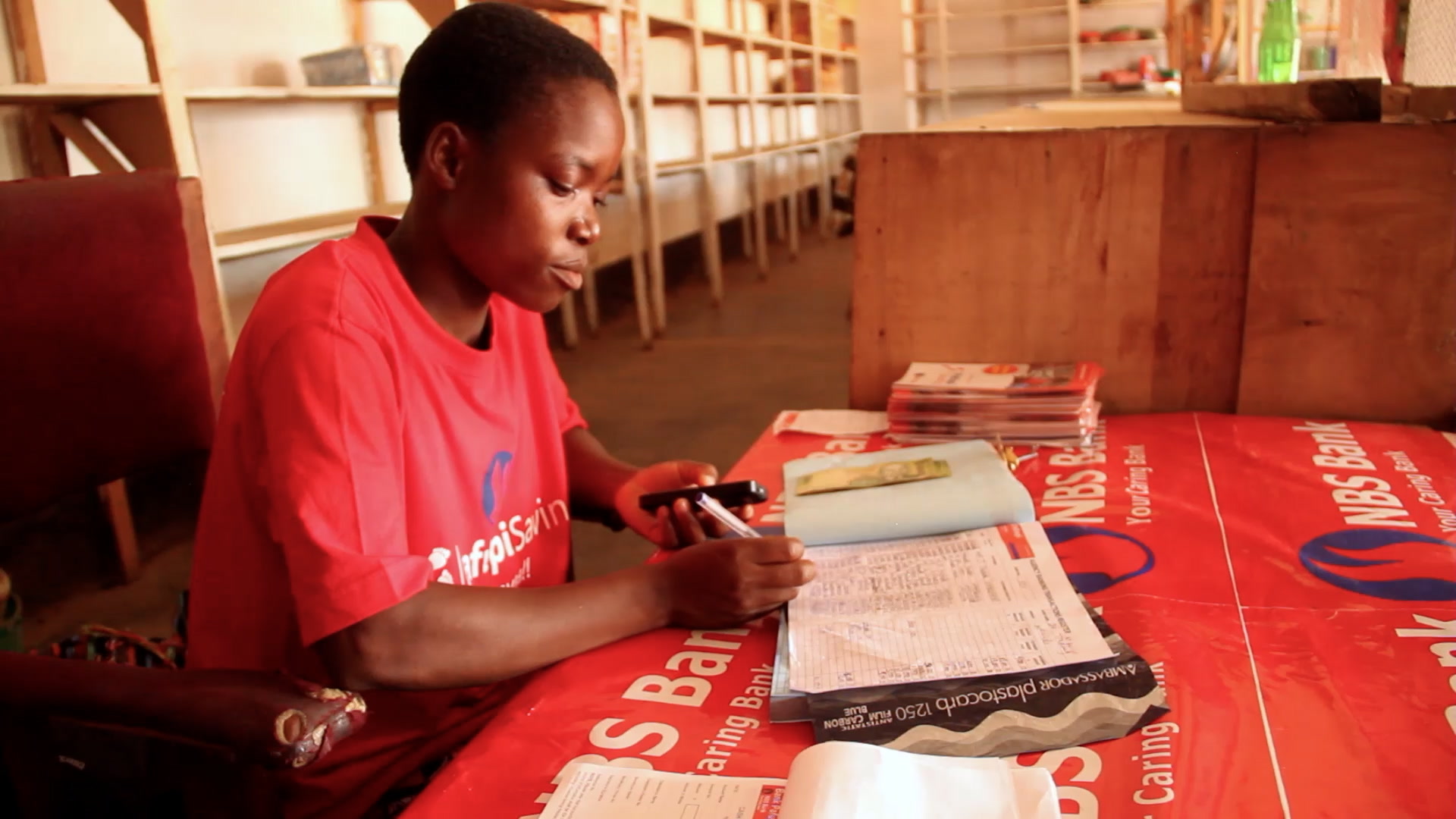How to revive Europe’s growth engine


Get involved with our crowdsourced digital platform to deliver impact at scale
Stay up to date:
Banking and Capital Markets
When the International Monetary Fund lowered its global growth forecast for 2014 and 2015 from 3.7% and 3.9%, respectively, to 3.3% and 3.8%, it cited the eurozone’s increasingly gloomy prospects, including significantly slower growth in Germany, as a leading cause. After all, the eurozone still accounts for about 13% of world output at market prices – about the same as China.
Europe’s economic struggles are reflected in its political situation, with many European electorates now mired in a sense of hopelessness and sliding toward ideological extremes. But a forthcoming report by two highly respected economists – Jean Pisani-Ferry, the French government’s Commissioner-General for Policy Planning, and Henrik Enderlein, a key leader of a reformist group of German economists – will propose a way forward.
The task facing Pisani-Ferry and Enderlein is to create a new reform strategy for Europe’s two largest economies, focusing on structural reforms in France and increased investment in Germany. The hope is that the report, which will be made public on December 1, will provide a breakthrough that can revive, at long last, the eurozone’s growth engine.
The paper was commissioned a few days after the IMF’s Annual Meetings last month, at a gathering of the French finance and economy ministers, Michel Sapin and Emmanuel Macron, and their German counterparts, Wolfgang Schäuble and Sigmar Gabriel. Though the meeting produced no concrete policy action – as the French daily Le Monde put it, “nothing was asked for, and nothing was obtained” – it could signal the beginning of more effective Franco-German cooperation, guided by the Pisani-Ferry/Enderlein report.
Such cooperation could not come at a better time. A couple of weeks after the project was initiated, France and Italy submitted revised annual budgets to the European Commission, in which they demanded more fiscal room for maneuver. The Commission now has until the end of this month to determine whether France has pursued reform diligently enough to avoid penalties for breaking its pledge to cut its budget deficit to less than 3% of GDP by next year.
An effective reform strategy would have to balance the need for budget restraint and macroeconomic stability with growth-enhancing policies. When it comes to the latter, European Central Bank President Mario Draghi’s proposals in August – expanded monetary easing, structural reforms (particularly in France and Italy), and some fiscal expansion by countries like Germany – provide a useful framework to be supplemented with concrete measures.
The ECB governing council has already agreed, in principle, to use the first of these policy tools. But monetary expansion alone will be inadequate to lift the eurozone out of stagnation.
Moreover, many of the structural reforms that are currently being considered or implemented, despite boosting growth in the long term, can have short-term contractionary effects. This is particularly true of greater labor-market flexibility, a key asset for long-term growth that can lead to a short-term increase in unemployment.
That is why a more expansionary fiscal stance is also vital, with Germany leading the way in deploying increased public investment to “crowd in” private investment and boost competitiveness. The IMF’s recent World Economic Outlook describes the success of this approach in recessionary environments.
Given that Germany and even France can borrow at record-low interest rates, any reasonably well-designed investment program will strengthen the public sector’s balance sheet. And, with the eurozone running a current-account surplus of nearly $350 billion – which the euro’s recent decline will bolster further – there is no risk of a eurozone-wide balance-of-payments crisis.
The key is confidence. Germany must trust that its agreement to loosen the eurozone’s fiscal belt will not lead to a slowdown of structural reforms, and countries like France need to know that excessive austerity will not exacerbate the impact of politically difficult structural reforms in the short run.
In this sense, top-level political support, voiced in a way that elicits the approval of Europe’s citizens, will be crucial. Gabriel and Macron must lead the charge, backed by Sapin and Schäuble. Crucially, German Chancellor Angela Merkel and French Prime Minister Manuel Valls – not to mention the new Commission – must also step in to offer genuine support for the project.
Waning confidence is a eurozone-wide problem, but the Franco-German relationship lies at its core. And, as experience has shown, Germany and France can have a major impact when they work together. The power of that relationship is what the Pisani-Ferry/Enderlein initiative represents – and what could, with sufficient political support, revitalize Europe.
Published in collaboration with Project Syndicate
Author: Kemal Derviş, former Minister of Economic Affairs of Turkey and former Administrator for the United Nations Development Program (UNDP), is a vice president of the Brookings Institution.
Image: A worker adjusts a 150 metre-square European flag during a celebration in Brussels’ Jubilee Park to mark the expansion of the European Union to 25 from 15 states on April 30, 2004. REUTERS/Francois Lenoir – RTR1E8JX
Don't miss any update on this topic
Create a free account and access your personalized content collection with our latest publications and analyses.
License and Republishing
World Economic Forum articles may be republished in accordance with the Creative Commons Attribution-NonCommercial-NoDerivatives 4.0 International Public License, and in accordance with our Terms of Use.
The views expressed in this article are those of the author alone and not the World Economic Forum.
Related topics:
The Agenda Weekly
A weekly update of the most important issues driving the global agenda
You can unsubscribe at any time using the link in our emails. For more details, review our privacy policy.
More on Banking and Capital MarketsSee all
Efrem Garlando
April 16, 2024
John Hope Bryant
April 11, 2024
Alexandre Raffoul and Kai Keller
April 10, 2024
Alex Edmans
April 4, 2024
Victoria Masterson
March 28, 2024






